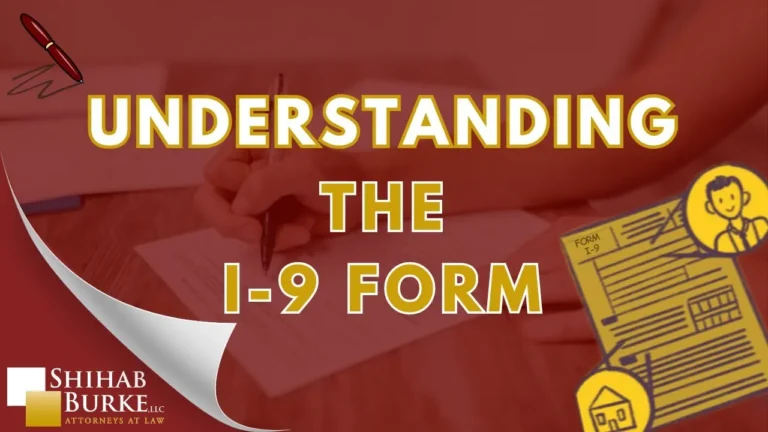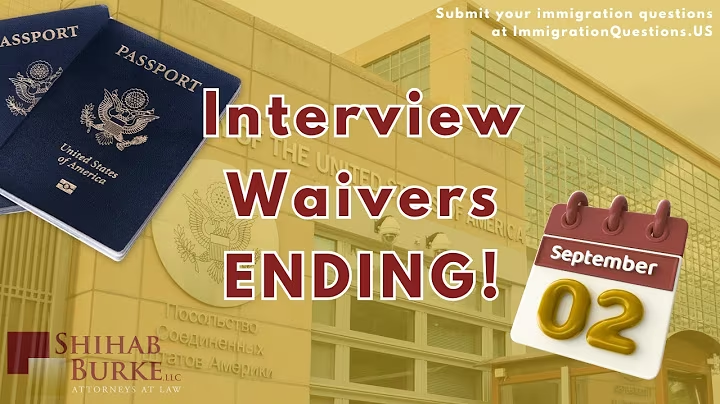The family members of LPRs as well as the more extended family members of U.S. citizens may be delayed in their eligibility to immigrate to the United States due to backlogs. These categories include the following:
- Spouses and children of Permanent Residents,
- Unmarried sons and daughters (21 years or older) of Permanent Residents,
- Married Sons and Daughters of U.S. Citizens,
- Brothers and Sisters of Adult U.S. Citizens.
Exactly how long it takes for an individual in one of the above categories to immigrate will depend upon their country of origin as well as their specific categories. Certain categories have more visas available than others and certain countries have longer immigration backlogs than others.
Grandparents, aunts, uncles, in-laws and cousins are not eligible for immigration sponsorship.
However, with some patience, some of the above-listed individuals may be able to immigrate to the United States. For example, you cannot sponsor your parents in-law. However, if you are sponsoring your spouse to immigrate to the United States, they can become a U.S. citizen after three years. Once your spouse becomes a U.S. citizen, they can sponsor their parents/your in-laws.
To sponsor a relative for immigration to the U.S., an individual must meet the following requirements:
- Be a U.S. citizen or lawful permanent resident (LPR);
- Be at least 18 years old in order to sign the Affidavit of Support (described below); and
- Have a U.S. residence or domicile.
Though the U.S. immigration laws do not specify a minimum age required to sponsor relatives for immigration, to sign the Affidavit of Support and legally acquire a domicile one must be at least 18 years of age.
Click here to read more about Family Immigration on the USCIS website.
To apply for an immigrant visa for a family member, the U.S. citizen or lawful permanent resident sponsor must take the following steps with the USCIS:
- File and receive approval of an I-130 Petition for Alien Relative;
- Demonstrate their ability to financially support the relative(s) they are sponsoring at, minimally, 125% above the mandated poverty line; and
- Accept legal responsibility for financially supporting their sponsored relative(s) by executing an Affidavit of Support (Form I-864).
Once the U.S. citizen or lawful permanent resident sponsor has completed the steps above, the sponsored relative must apply for an immigrant visa at a U.S. Consulate or Embassy abroad or apply for Adjustment of Status if in the United States.
As discussed above, eligibility to apply for an immigrant visa/Adjustment of Status will depend upon the immigration category that the relative falls into. Immediate relatives of U.S. Citizens will be immediately eligible, while others may face a delay due to backlogs.





